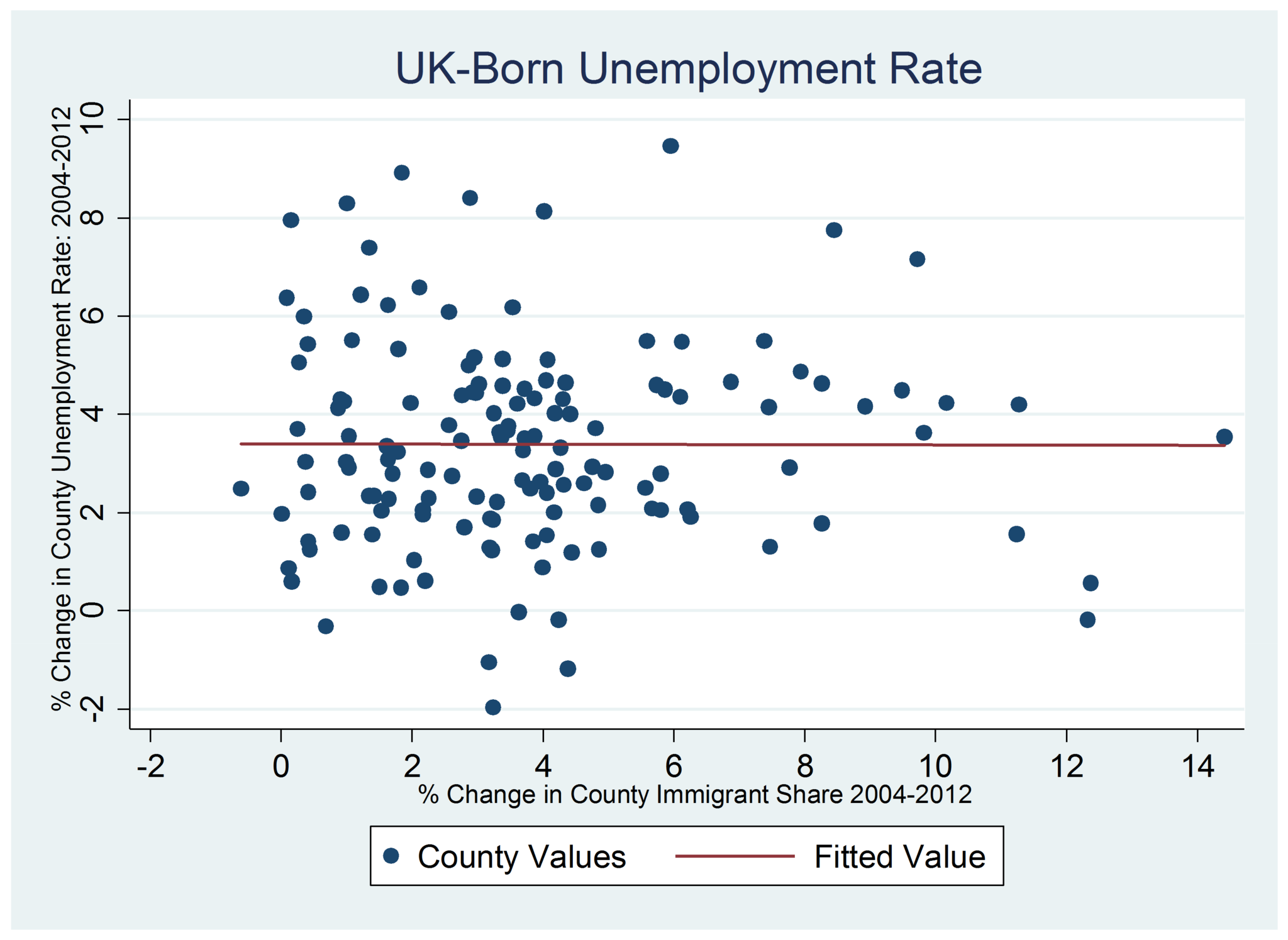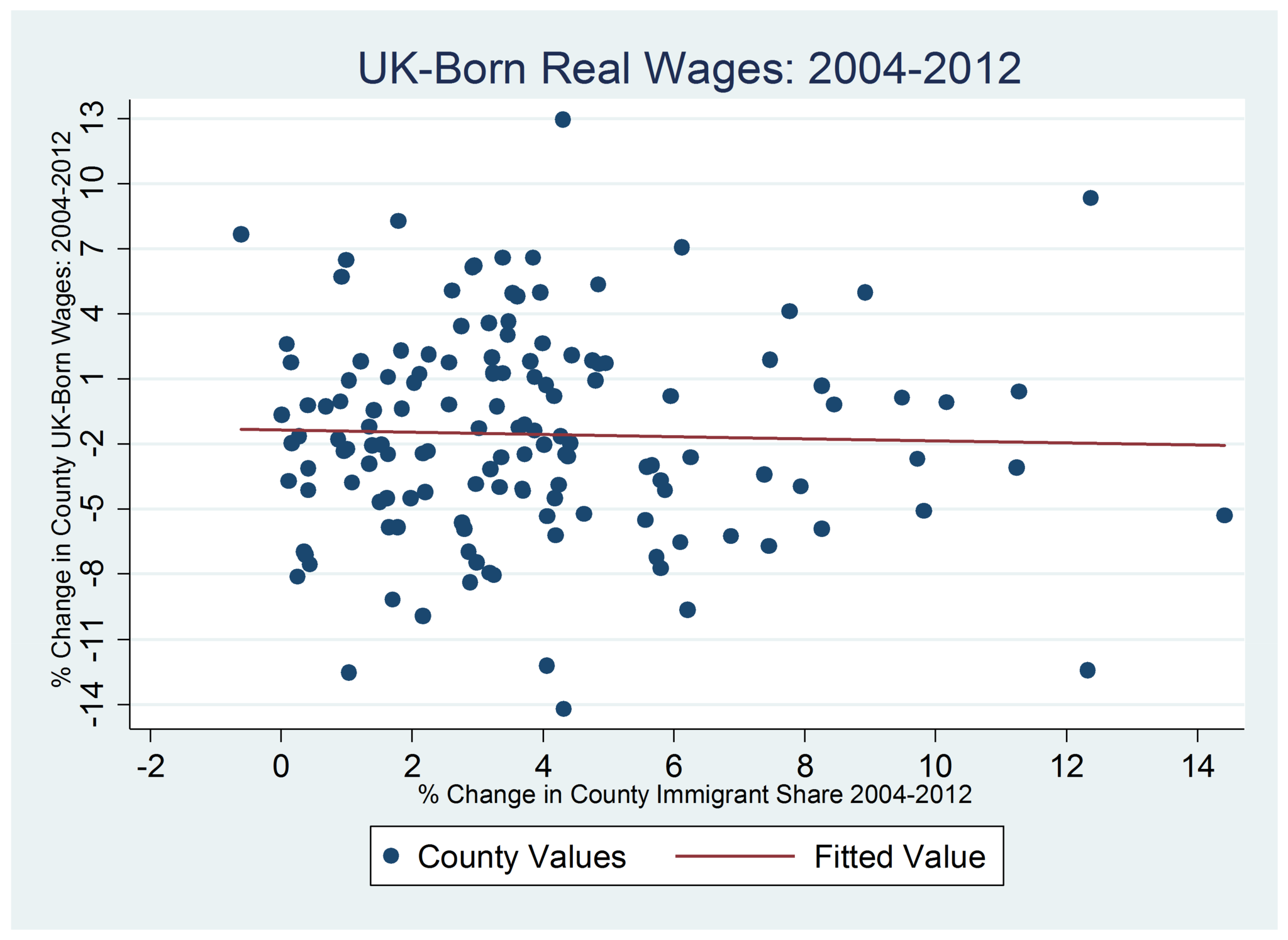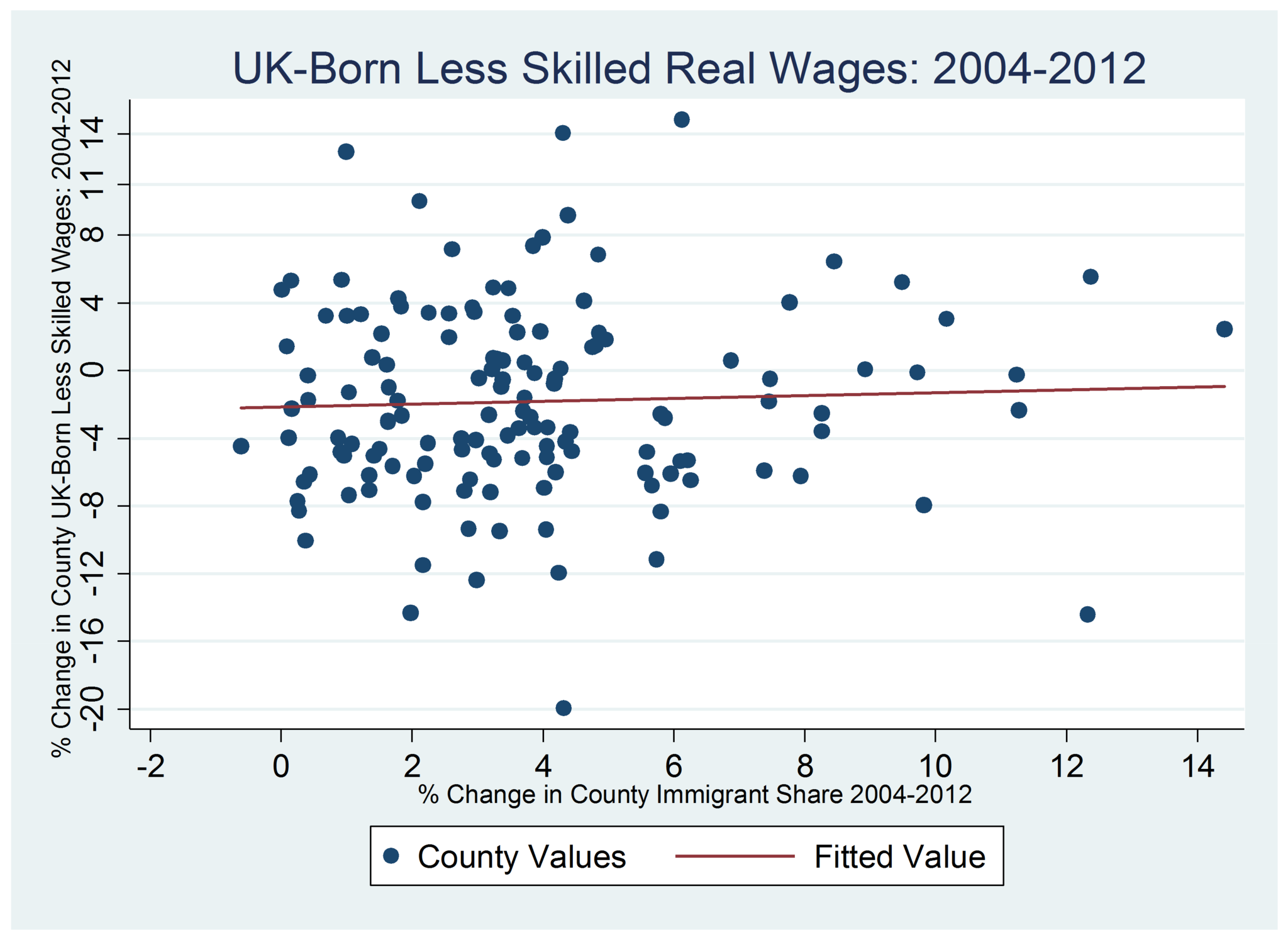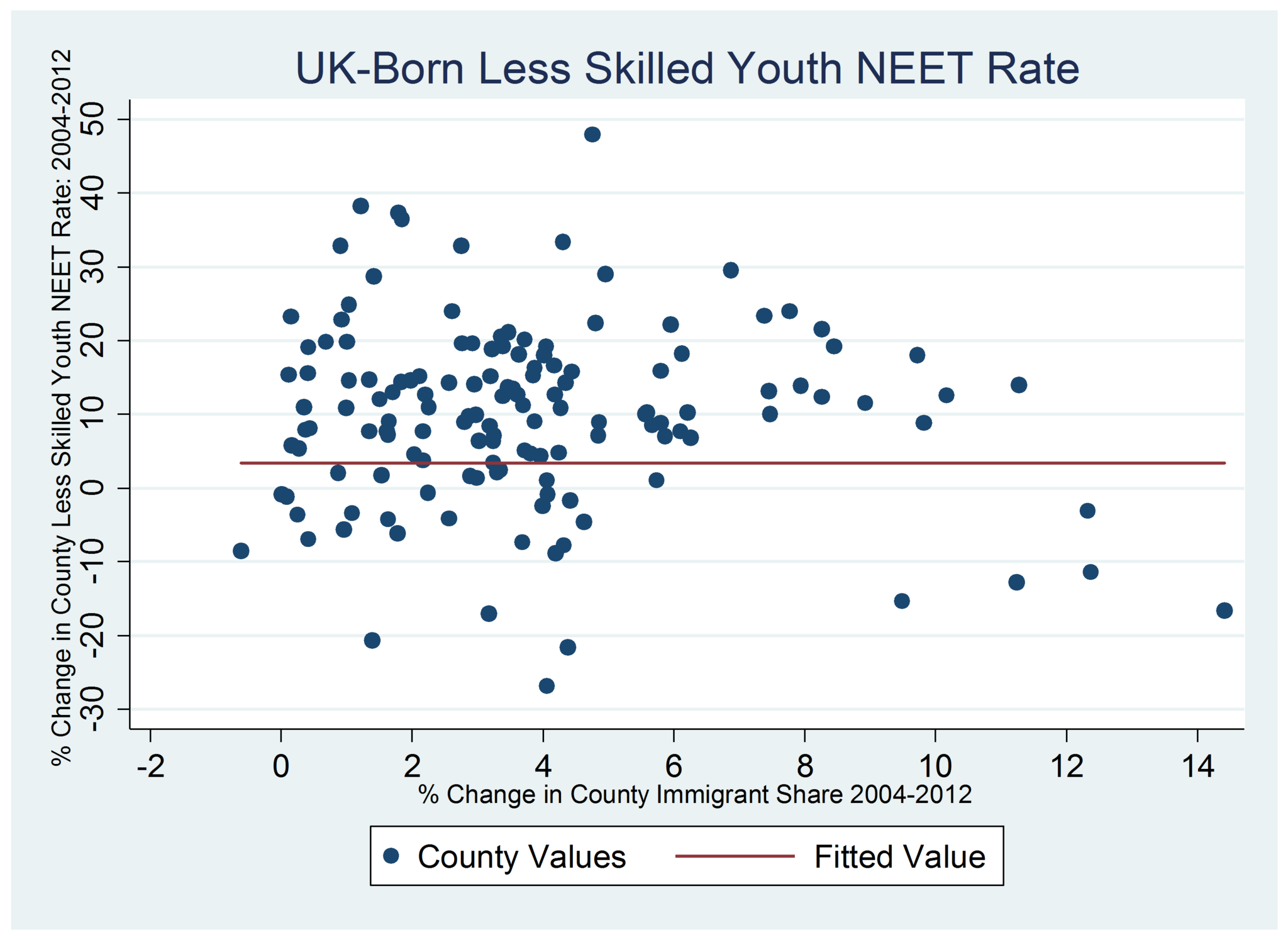Immigration to Britain has not increased unemployment or reduced wages, a major new study has concluded.
Researchers at the London School of Economics looked at the levels of immigration to each of Britain’s counties, and compared it to the unemployment rate in the same area across the same period.
They found that there was no connection between how much immigration a county had seen between 2004 and 2012 and the area’s level of unemployment.

The study also looked at whether migrants coming to an area had led to a fall in wage levels and found no evidence that this was the case.
Many areas that saw huge increases in immigration had seen wages rise and unemployment fall, while many areas which had seen no immigration had suffered from falling wages and rises in employment.
On average, immigration had a neutral effect on the employment and wage rates – neither increasing nor decreasing them.

The economists also specifically whether lower-skilled workers had seen their wages impacted, and whether migration a rise in young people out of work or training.
These areas were examined because popular perception is that migrant workers compete with the young for low wage jobs.
They said they found “no evidence” that the young or low skilled had been impacted, and called for further researcher in why anti-immigrant perceptions were still prevalent despite the evidence.

“On balance, the evidence on the UK labour market suggests that fears about adverse consequences of rising immigration regularly seen in opinion polls have not, on average, materialised,” the study’s authors from the university's Centre for Economic Performance said.
“It is hard to find evidence of much displacement of UK workers or lower wages. Immigrants, especially in recent years, tend to be younger and better educated than the UK-born and less likely to be unemployed.
“Perceptions do not seem to line up with the existing evidence and it is perhaps here that we need to understand more.”
In 2013 a study by researchers at the University College London that recent migrants had made a “substantial” contribution to reducing Britain’s

public spending deficit.
That study’s authors concluded that migrants tend to use fewer public services and be more likely to be in work and paying tax because they were relatively young.
Last year the Supreme Court ruled that Britain has been wrongly deporting hundreds of conflict migrants due to alleged errors by a private contractor.

Join our commenting forum
Join thought-provoking conversations, follow other Independent readers and see their replies
Comments